String theory could reshape our understanding of the Universe’s accelerating expansion and unlock the mysteries of dark energy.
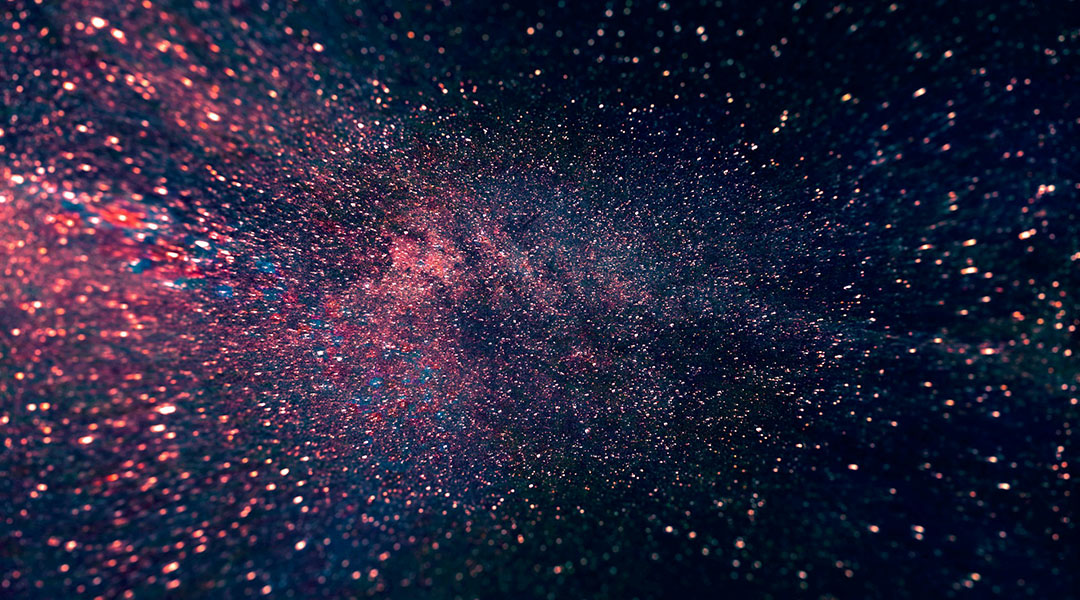

String theory could reshape our understanding of the Universe’s accelerating expansion and unlock the mysteries of dark energy.
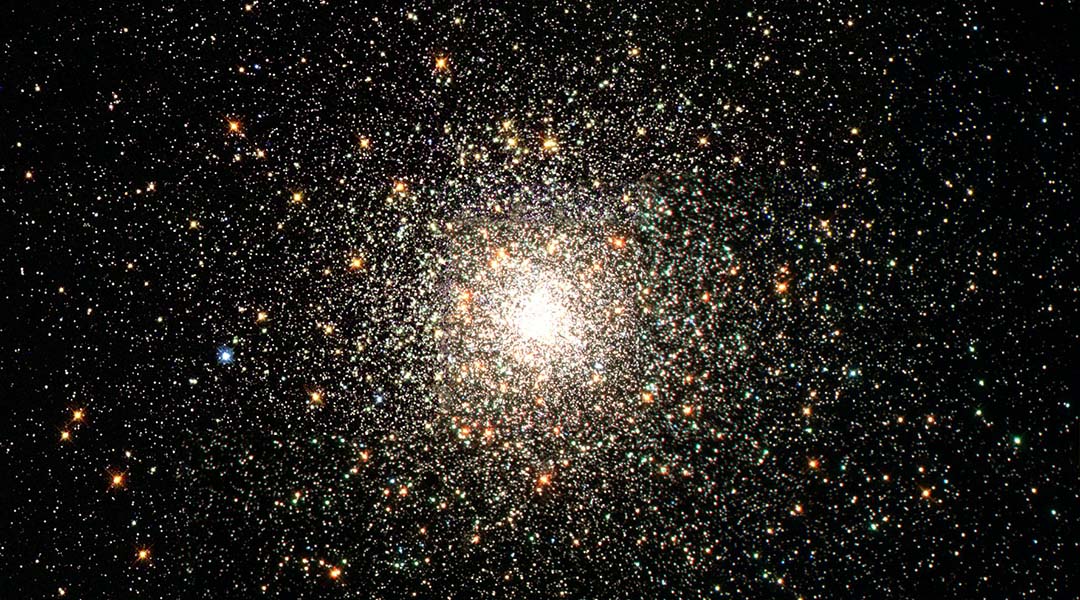
A new study evaluates gravity using string theory, a promising candidate for describing particle interactions at their most fundamental level.
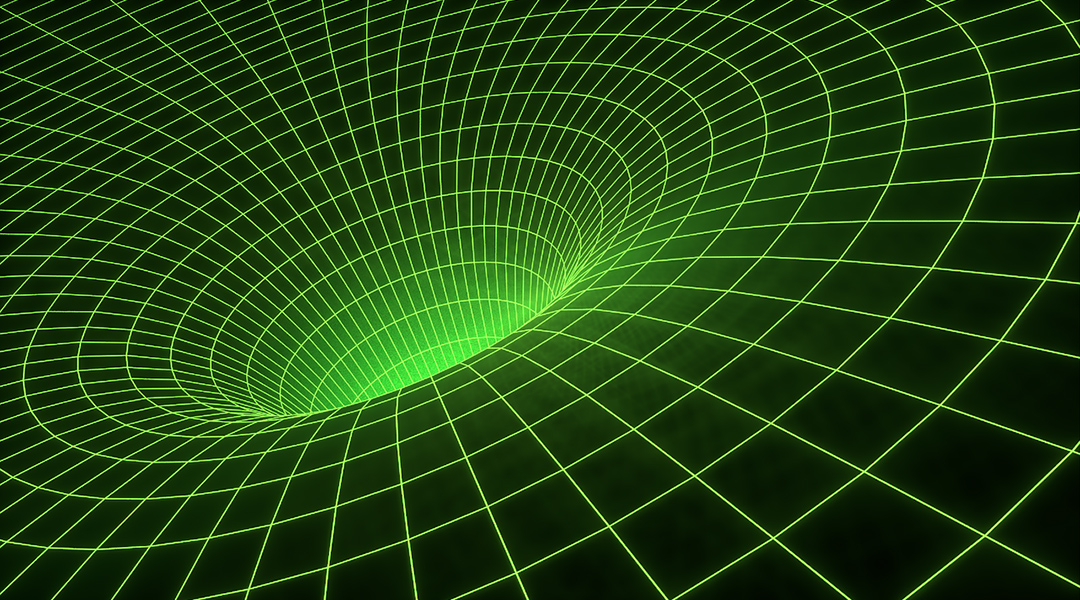
To address unknown quantum gravitational effects in the early universe, physicists have recruited string theory to help solve the problem.
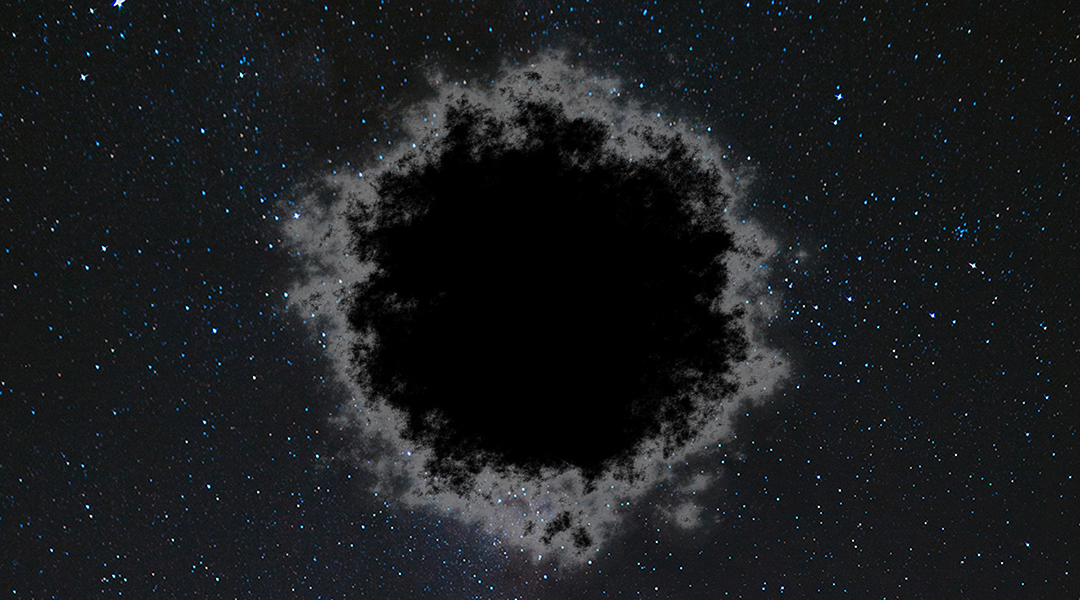
Scientists have turned to string theory to better understand black holes, proposing they can be modeled as “fuzzballs” made up of interacting strings.
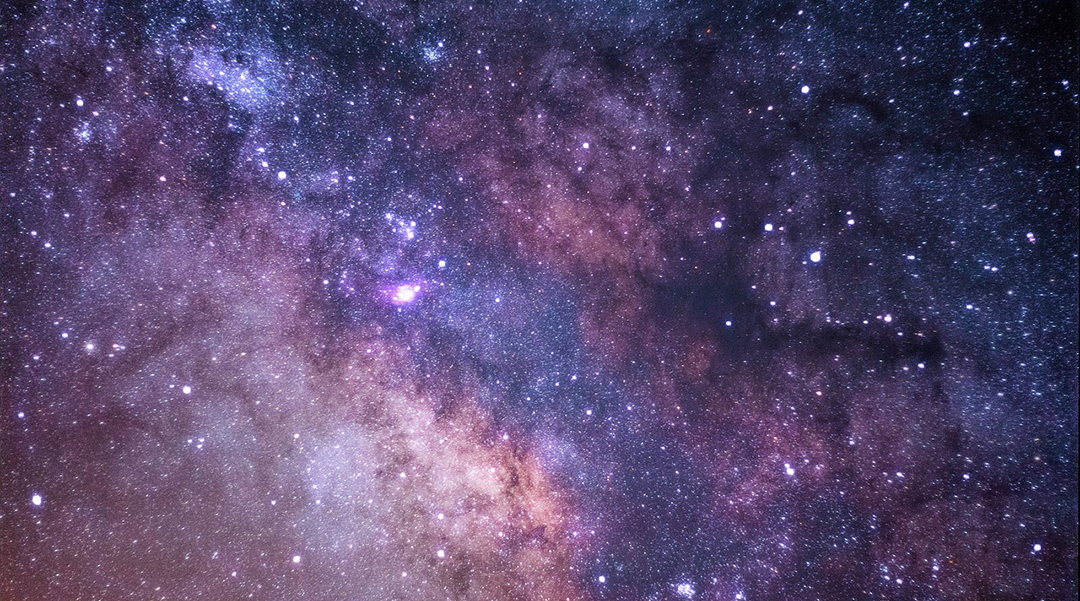
Hubble’s deep near-infrared campaign reveals more supermassive black holes in the early universe than previously expected.

Scientists theorize that cosmic strings interacting with dense matter in the early universe provided the seeds for galaxies and black holes.
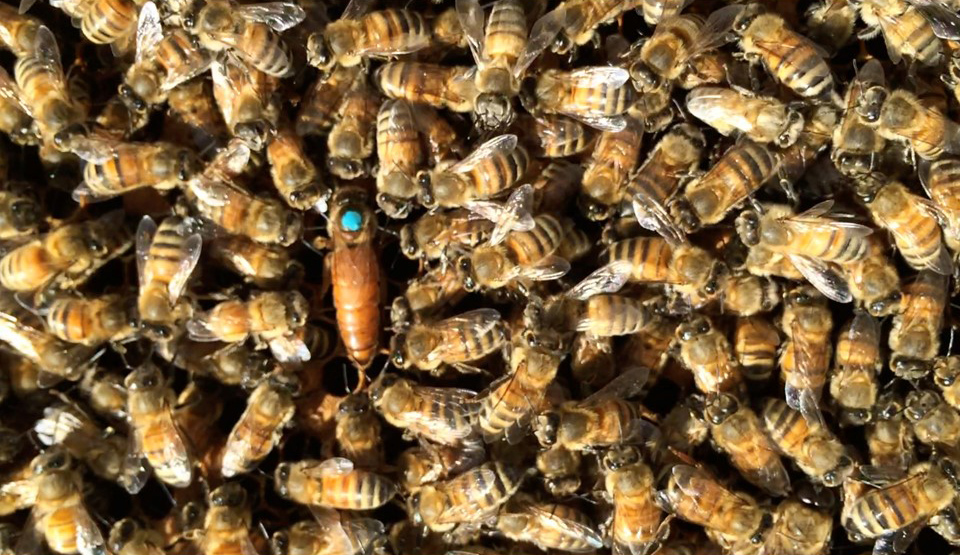
Looking at the social life structures of bees. String theory for the life sciences.
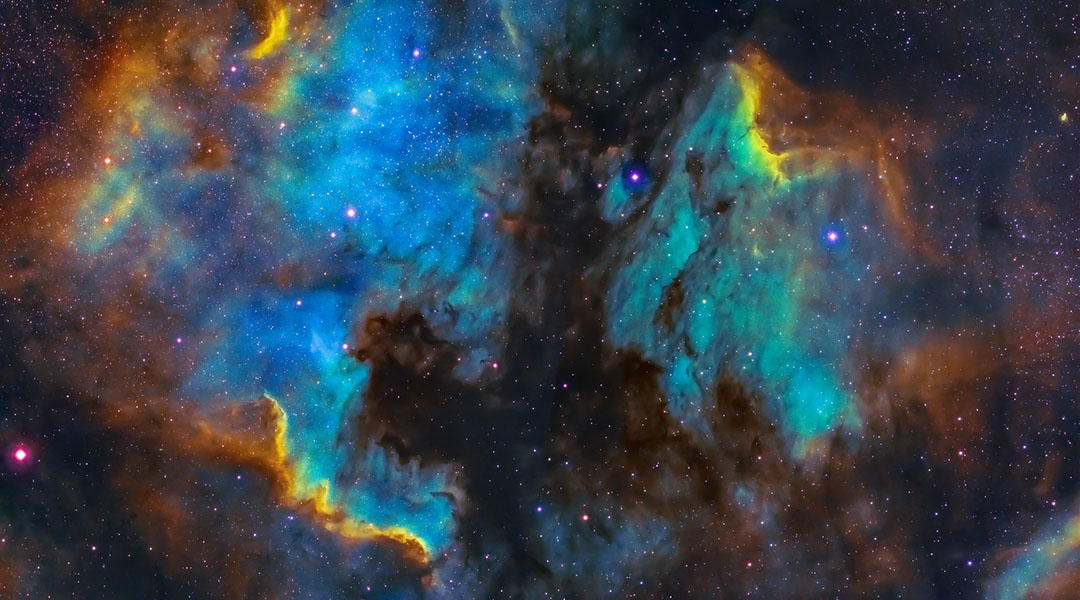
In this first article in a series on philosophy and science, we take a look at materialism and why it is fundamental to science.

Researchers investigate dark photons as alternatives to dark matter, aiming to detect these particles through experiments involving the conversion of light.
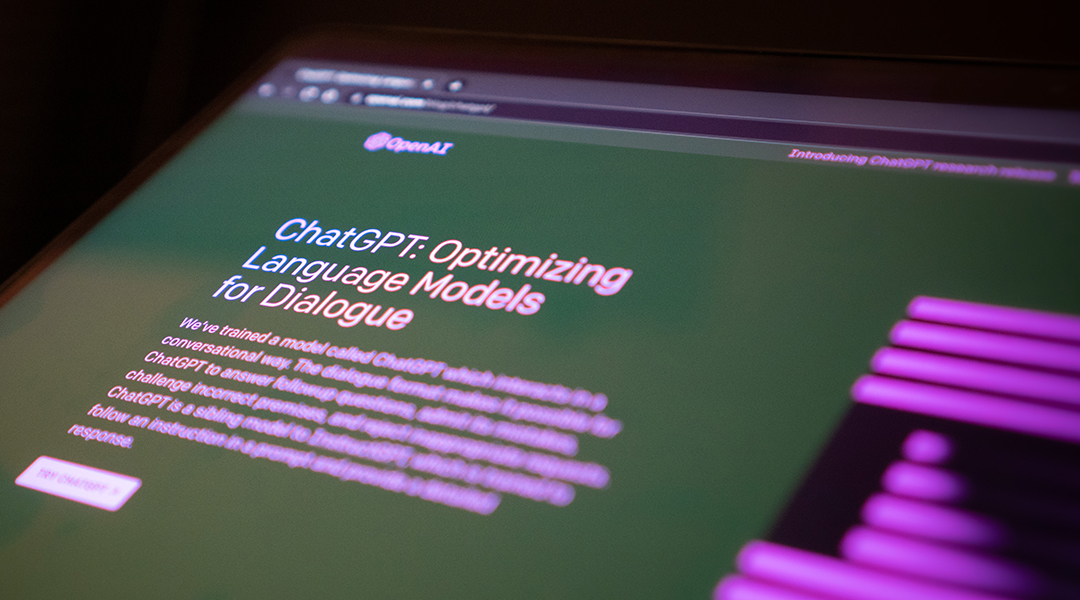
Crediting ChatGPT as an author on scientific papers has sparked debate around the role it should play in the scientific literature.